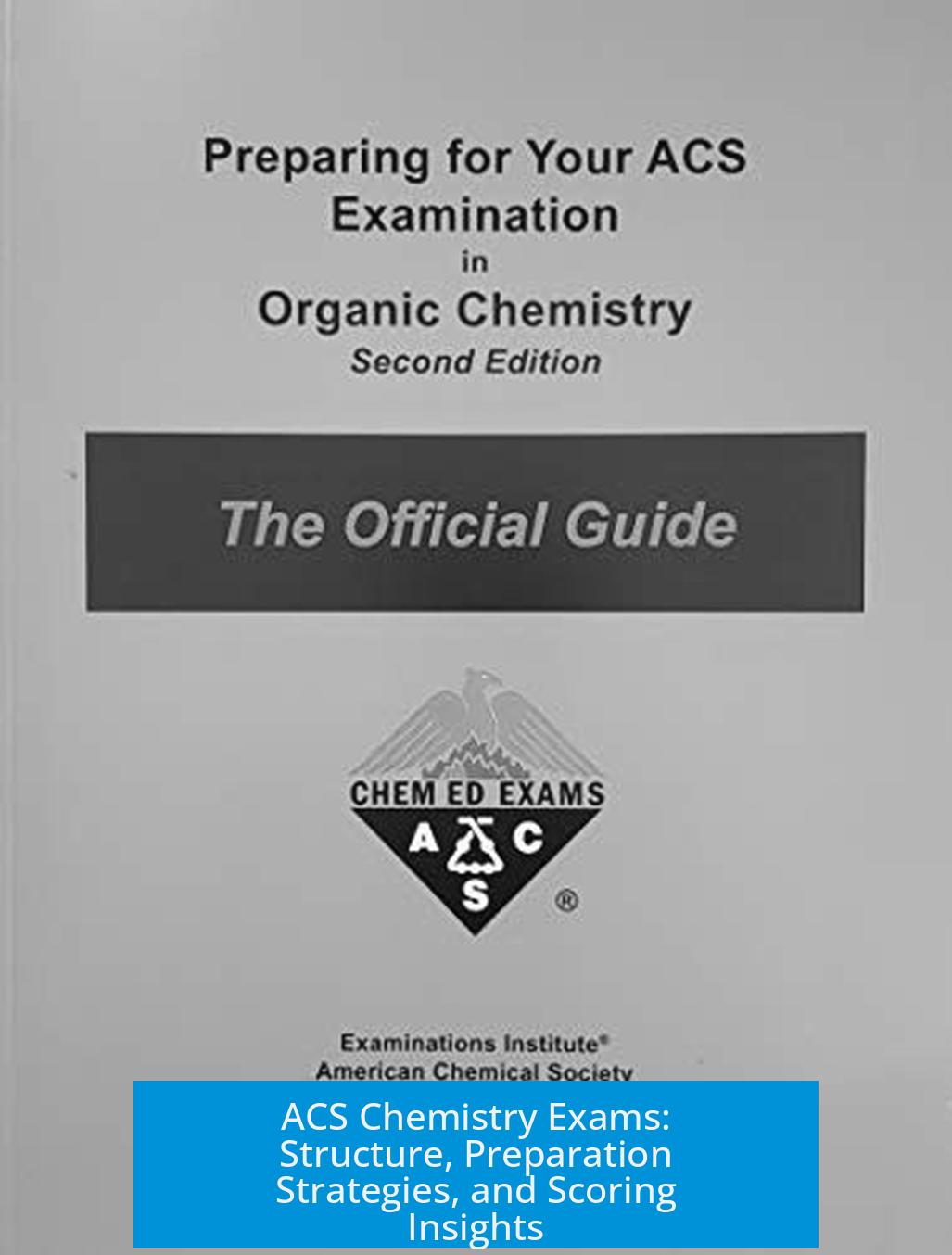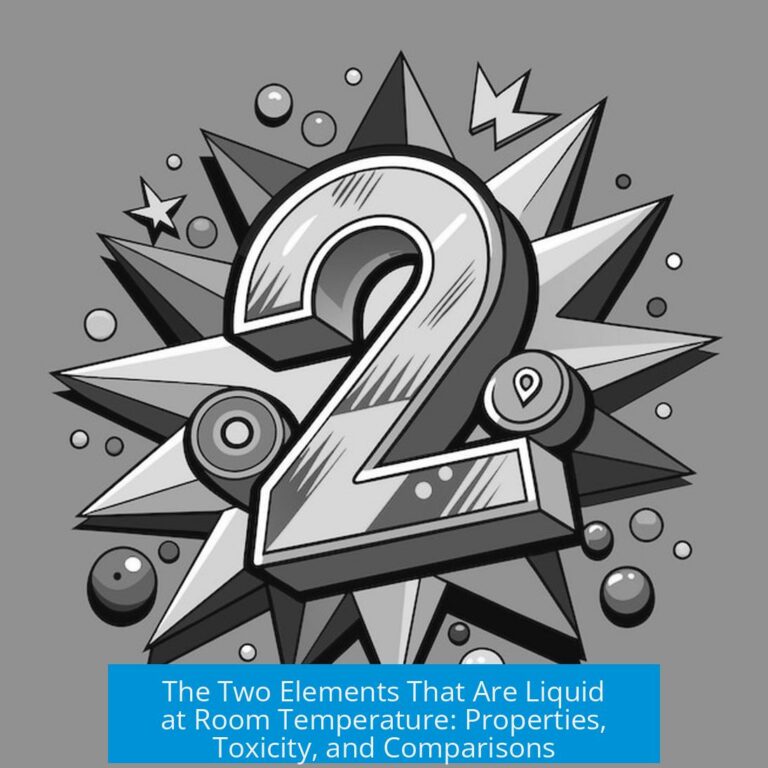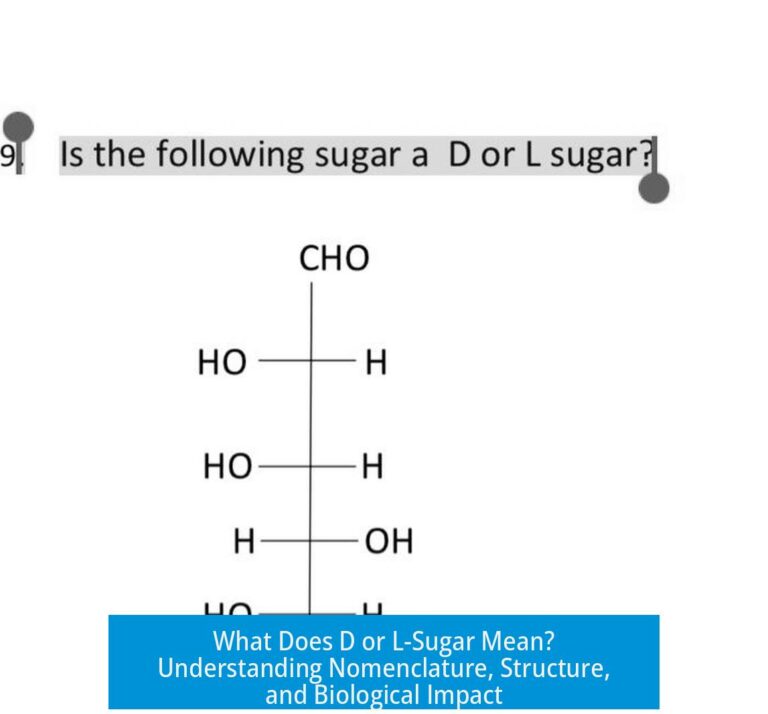Understanding ACS Chemistry Exams: Structure, Usage, and Preparation
The ACS Chemistry Exams serve as comprehensive assessments that evaluate a student’s grasp on undergraduate-level chemistry topics, commonly taught in the United States. These exams cover broad fields including organic, inorganic, analytical, and physical chemistry through a series of multiple-choice questions designed to be answered quickly. Their primary role is to gauge proficiency and readiness for advanced coursework or professional practice.
Exam Structure and Content
ACS Chemistry Exams feature approximately 70 multiple-choice questions. Each item tests knowledge in a specific chemistry area taught at the undergraduate level. The questions are designed to be answered within about a minute each. This fast-paced format encourages broad understanding over deep memorization of individual facts.
- The exams typically involve 4 answer choices per question, which is slightly less common since many standardized tests use 5 options.
- The questions span various chemistry branches, including organic, bio-organic, inorganic, physical, analytical, and quantum chemistry.
- While the exams survey a wide range of topics, some questions might cover material not fully addressed in certain courses.
Because the exams are intended to assess overall knowledge quickly, they avoid complex calculations or multi-step problem solving. Instead, they emphasize conceptual understanding and pattern recognition.
Performance and Scoring Metrics
ACS Exams provide performance metrics based on percentile rankings nationally. These statistics allow institutions to compare a student’s score against a broad group of test-takers across the country.
- Students typically answer between 55 to 60 questions out of the 70 correctly to grade among the top performers.
- The “passing line” is generally set at the level of minimal proficiency—essentially a standard pass/fail threshold.
- Percentile rankings reflect relative performance rather than a raw percentage of correct answers. A 50th percentile score does not mean 50% of questions were answered correctly.
Overall, the scoring system emphasizes whether students have mastered expected undergraduate material rather than exact point tallies.
Use of ACS Exams in Academic Programs
Many colleges and universities incorporate ACS Exams into their chemistry curricula. Their role varies based on institutional policies.
- Some instructors use the ACS exam as a final exam for key courses, especially organic chemistry.
- Others assign these tests as bonus point opportunities or benchmarking tools to assess students’ retention.
- ACS Exams also serve as diagnostic instruments during student orientation to measure prior knowledge.
- Test results can guide academic advising, recommending students retake or audit particular courses if they score poorly.
- Graduate programs employ ACS Exams to verify readiness for advanced topics, ensuring students meet baseline knowledge requirements.
- Students entering graduate programs directly from industry or after time away from school often take the exams to refresh foundational concepts.
Institutions may ask if the exams serve as a way to “test out” of lower-division courses or merely as general assessments. Depending on policy, passing an ACS Exam could exempt students from repeating introductory classes or advise them to build foundational skills first.
Study Materials and Preparation Strategies
Effective ACS Exam preparation combines review of course material and the use of targeted study aids.
- The American Chemical Society offers official study guides tailored to each exam, such as the Organic Chemistry guide specifically.
- Practice exams are available for purchase from ACS, providing realistic simulations of the test format and difficulty.
- Online resources and study guides complement official materials, particularly for organic and biochemistry topics.
- Reviewing class notes, textbooks, and final exams from courses attended aids in reinforcing core concepts.
Adopting conceptual understanding over rote memorization results in better performance. Students who develop intuition about electron behavior and fundamental chemistry principles tend to excel.
Exam Difficulty and Student Experience
Students often find ACS Exams challenging but manageable with proper preparation.
- The questions can be difficult because they test broad knowledge, occasionally including less emphasized subjects.
- Some students report struggling due to relying heavily on memorization; this strategy often falls short on these conceptual exams.
- Those who gradually build understanding throughout their courses typically outperform top scorers who relied solely on memorization.
- Certain exams, like bio-organic chemistry, may have skewed difficulty due to the diverse group of test takers, including medical students.
- Only a fraction of students—sometimes less than one-third—pass the exam comfortably on their first try, indicating a selective but attainable standard.
The exams emphasize reasoning rather than just recalling facts, testing a student’s ability to apply knowledge in different contexts.
Institutional Perspectives and Recommendations
Schools use ACS Exam results for various academic decisions:
- Institutions identify gaps in student knowledge, especially for those without formal coursework in areas like inorganic or quantum chemistry.
- Faculty use test outcomes to suggest auditing classes or retaking courses as needed.
- Graduate programs listen to ACS Exam data to determine if a student is ready for advanced subjects or needs remediation.
- Orientation assessments guide instructors on how to tailor support for incoming students with diverse chemistry backgrounds.
These exams function as both a checkpoint and a guidance tool to help students navigate their chemistry education pathways efficiently.
Summary of Key Points
- ACS Chemistry Exams assess broad undergraduate-level chemistry knowledge through timed multiple-choice questions with four options each.
- Performance is evaluated using national percentile ranks, with a passing standard focused on minimal competency.
- The exams serve diverse roles including course finals, benchmarking tools, diagnostic assessments, and gates to graduate coursework.
- Preparation benefits from ACS study guides, practice exams, course materials, and focusing on conceptual understanding instead of rote memorization.
- Students find the exams challenging yet fair, rewarding those with deep comprehension rather than those relying solely on memorization.
- Institutions use exam results to identify knowledge gaps, recommend course audits, and ensure student readiness for advanced chemistry.
ACS Chemistry Exams are valuable tools within chemistry education. They balance breadth, speed, and conceptual rigor to measure a student’s fundamental knowledge and inform both academic progression and preparation strategies.
What types of questions appear on the ACS Chemistry Exams?
The exams feature multiple-choice questions with four answer choices each. They cover a broad range of undergraduate-level chemistry topics. Each question is designed to be answered in about a minute.
How are scores interpreted on the ACS Chemistry Exams?
Scores are compared nationally using percentiles, which rank your performance. Getting a 50th percentile doesn’t mean answering half of the questions correctly. Passing is generally based on meeting a set passing threshold.
How do academic programs use ACS Chemistry Exams?
Many schools use these exams as final tests or bonus assignments in undergraduate courses. Some programs use them to assess readiness for advanced courses or to recommend if a student should audit certain classes.
What study resources exist for preparing for ACS Exams?
ACS offers official study guides and practice exams. Many students benefit from reviewing course notes and textbooks. Online materials, especially for organic and biochemistry, are widely available and useful.
Are ACS Chemistry Exams considered difficult?
The exams are challenging but passable. Success often depends less on memorization and more on understanding concepts. Some test topics might not be covered thoroughly in all courses, raising the difficulty.





Leave a Comment